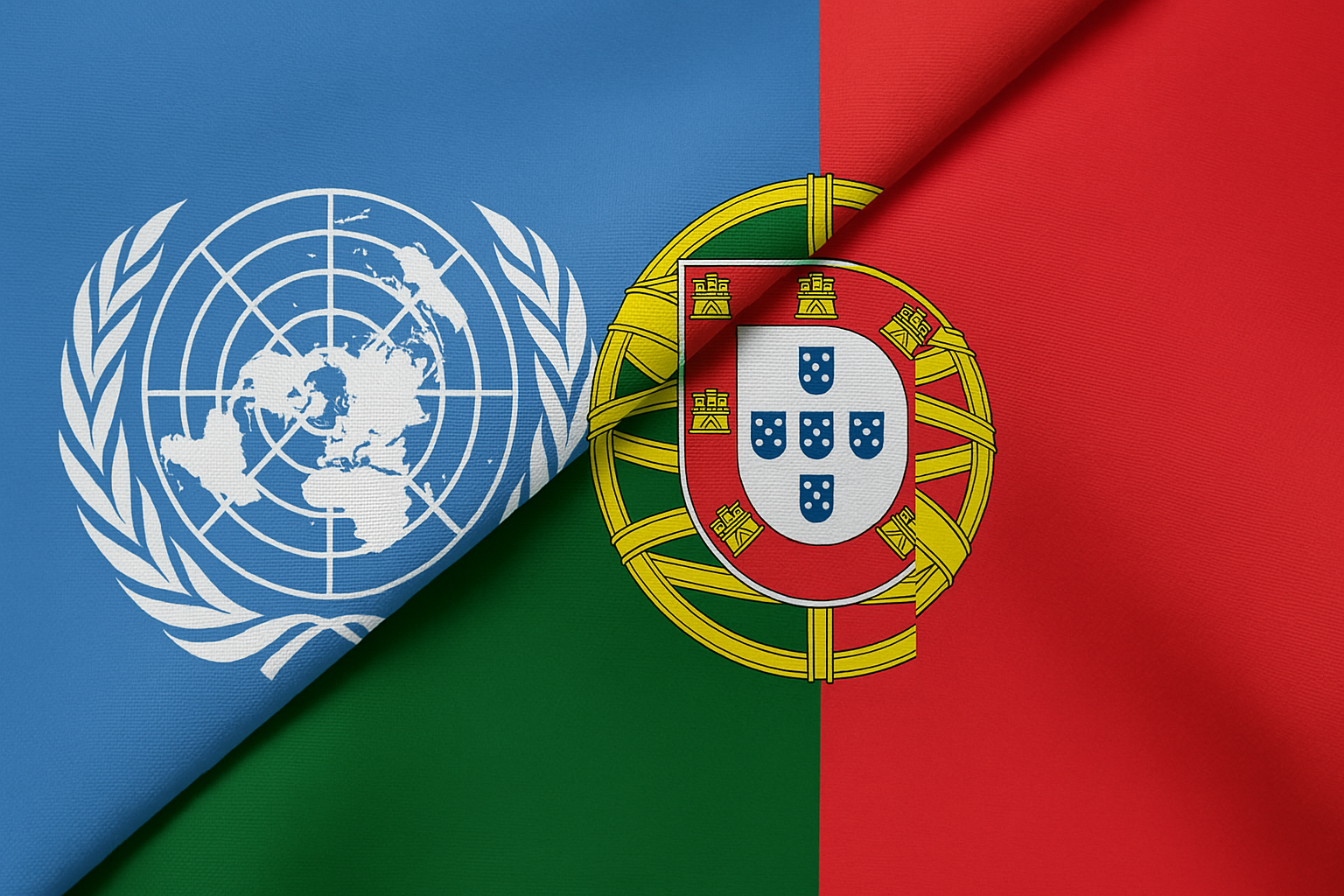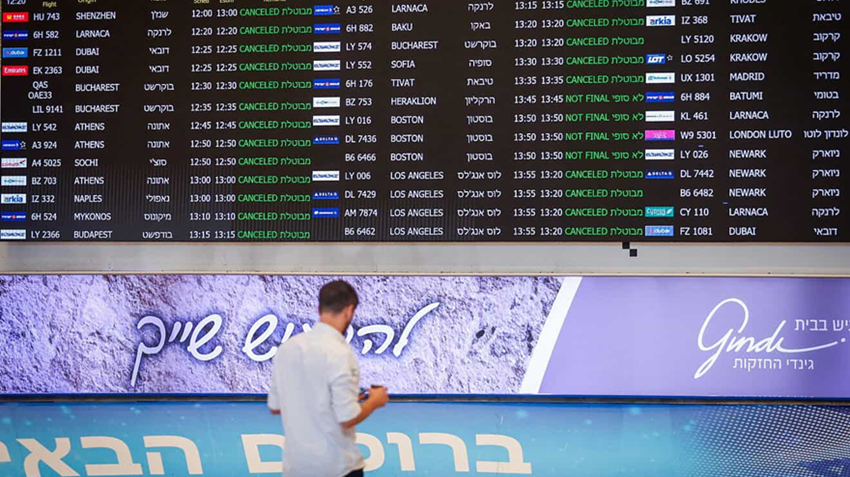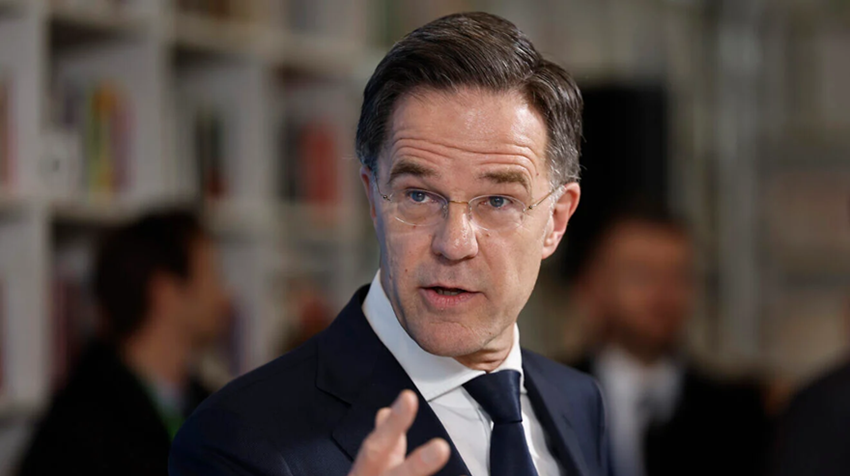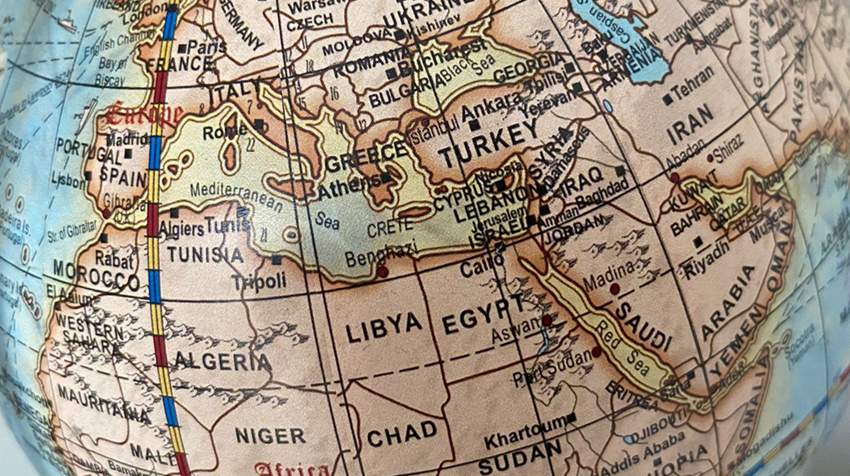Palácio das Necessidades, the headquarters of the Ministry of Foreign Affairs. Credit: João Carvalho
Portugal will formally recognize the State of Palestine today, September 21, in a ceremony at its diplomatic mission to the United Nations in New York. The announcement was made by Foreign Minister Paulo Rangel and follows the path of some European countries that support the two-state solution.
However, the decision has sparked strong criticism and serious concerns. The CDS-PP, coalition partner of the PSD, described the move as “untimely and inconsequential,” stressing that recognition would only make sense as part of an institutional peace process, which is far from existing today. According to the party, Portugal’s haste does not contribute to peace and may even weaken the country’s credibility on the international stage.
Along the same lines, Israel’s ambassador to Portugal, Oren Rozenblat, declared that “recognition of the Palestinian state is a reward for terrorism”, emphasizing that the move sends the wrong message: “This tells the Palestinians that Hamas’s path is the right one to gain political advantage.” By legitimizing a state without defined borders, divided between a weakened Palestinian Authority in the West Bank and Hamas, which rules Gaza through force and terrorism, Portugal risks validating violence as a tool of power.
The criticism is even more serious given the dramatic context: dozens of Israeli hostages remain in captivity in Gaza, many of them killed, their fate dependent on international efforts for their release. At a time when diplomatic pressure is needed to save lives, Portugal has chosen a symbolic gesture that may be interpreted as weakening that very pressure.
Analysts argue that the Portuguese decision will have little practical effect on the conflict but could carry serious consequences for bilateral relations with Israel and deepen divisions within the European Union. Rather than contributing to peace, recognition under these circumstances risks being seen as a political act of limited impact but high diplomatic cost.


































